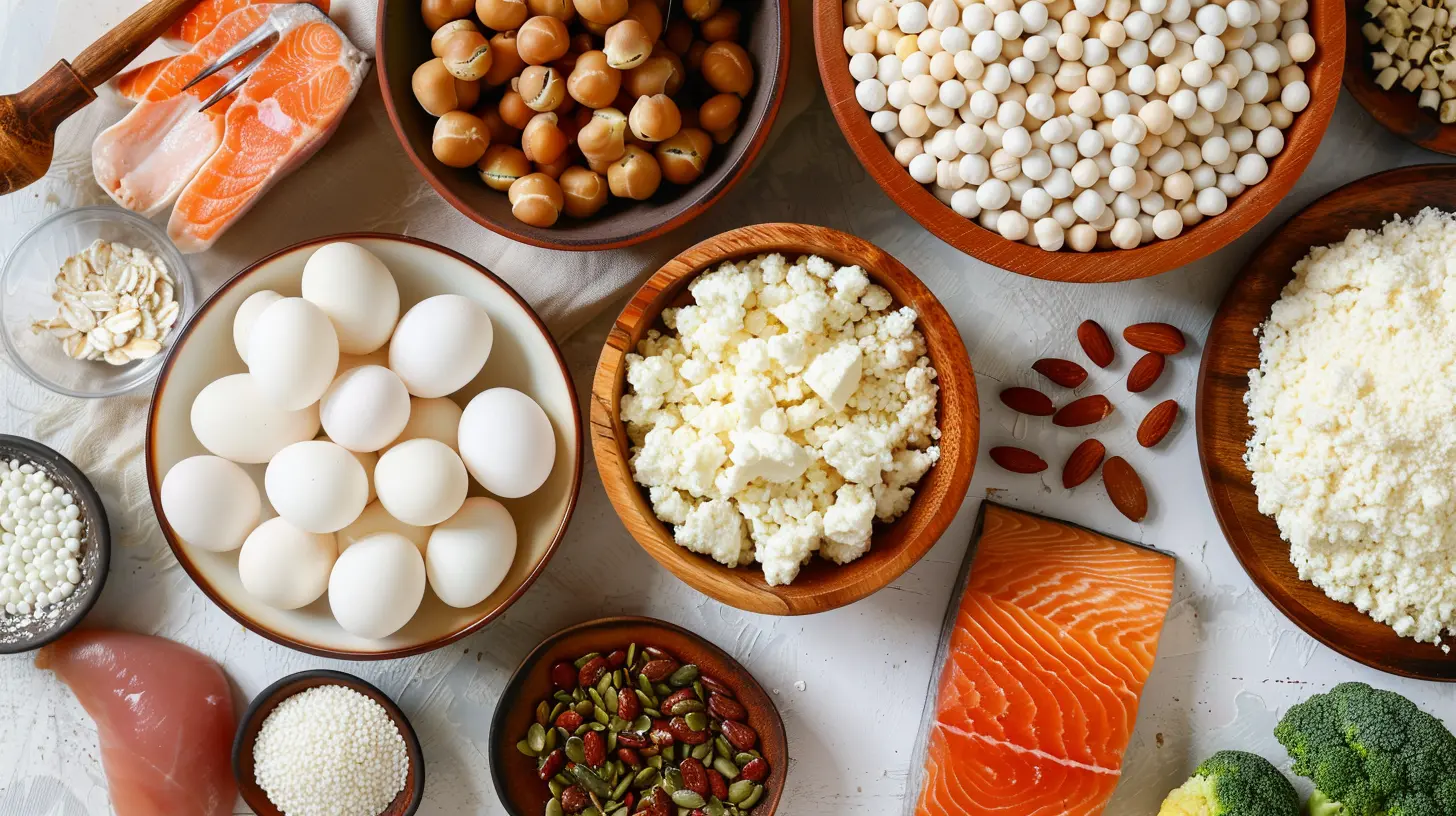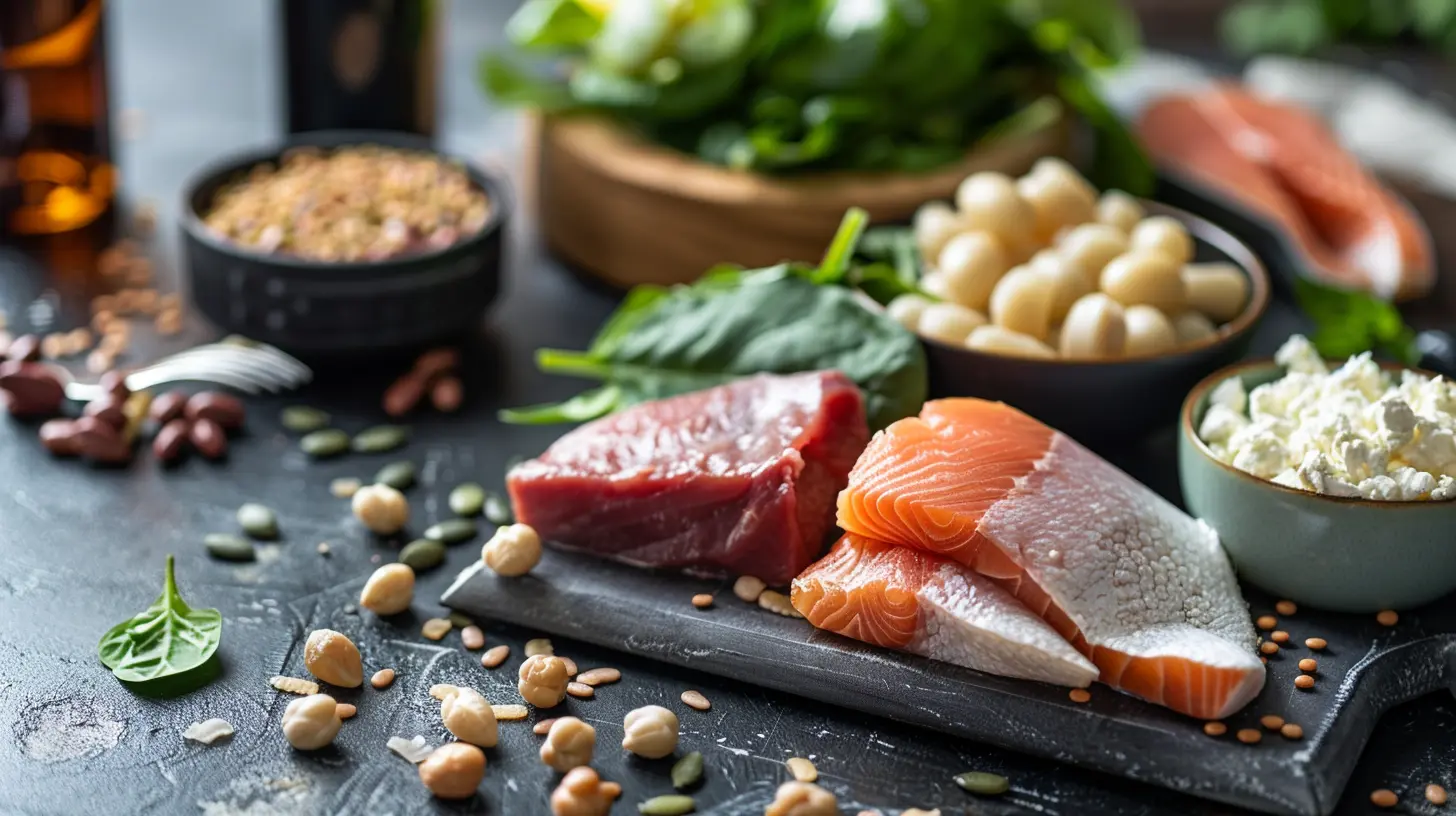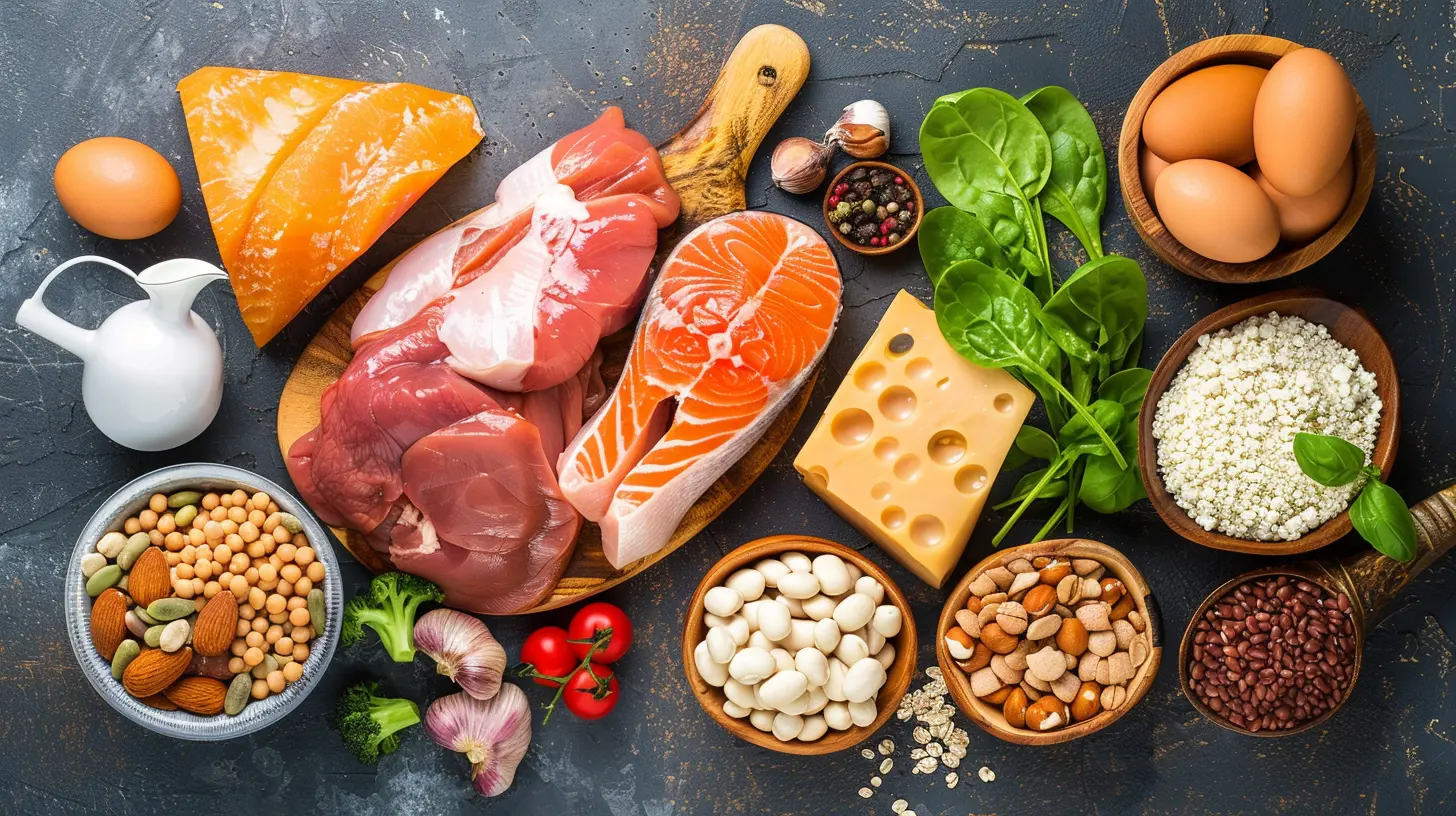The Role of Protein in a Complete Daily Health Routine
23 November 2025
When it comes to living a healthy and balanced life, most people focus on cutting calories, avoiding fats, or loading up on greens. But there's one nutrient that often doesn't get the spotlight it deserves—protein. It's not just for bodybuilders looking to bulk up. In fact, protein is an essential building block for your body, playing a crucial role in muscle repair, immune function, and even hormone production.
So how much protein do you really need? And why is it so important in your daily health routine? Let’s break it all down in a simple, no-nonsense way.

Why Protein is a Non-Negotiable in Your Diet
Imagine building a house without bricks. It wouldn’t stand a chance, right? Well, that's exactly what happens to your body without protein.Protein is made up of amino acids—often called the "building blocks of life." Your body uses these to build and repair tissues, create enzymes, and support overall growth and maintenance. Unlike fat and carbs, your body doesn’t store protein for later use, which means you need to consume it daily.
The Many Hats Protein Wears
Protein isn’t just about muscles. It plays multiple roles in keeping your body running smoothly.1. Muscle Growth & Repair – Whether you’re hitting the gym hard or simply going about your daily activities, your muscles are constantly being challenged. Protein helps repair and strengthen muscle fibers, keeping you strong and active.
2. Boosts Metabolism & Fat Loss – Did you know that your body burns more calories digesting protein than it does digesting fats or carbs? This process, called the thermic effect of food (TEF), helps boost metabolism and supports fat loss.
3. Stronger Immune Function – Your immune system relies on proteins to produce antibodies and fight off infections. Without enough protein, you may find yourself getting sick more often.
4. Better Hair, Skin, & Nails – Keratin, collagen, and elastin—these are all proteins responsible for giving your hair that healthy shine, keeping your skin firm, and ensuring your nails don’t break easily.
5. Hormone Regulation – From insulin to growth hormones, many of your body's essential hormones are made from proteins. Without adequate protein, your body might struggle to balance these critical functions.

How Much Protein Do You Really Need?
The amount of protein you need depends on your age, lifestyle, and activity level. A general guideline is:- Sedentary Individuals: 0.8 grams per kilogram of body weight
- Active Individuals: 1.2 to 2.0 grams per kilogram of body weight
- Athletes & Bodybuilders: 1.6 to 2.5 grams per kilogram of body weight
For example, if you weigh 70 kg (about 154 lbs) and you’re moderately active, you might need somewhere between 84 to 140 grams of protein per day.

Best Sources of High-Quality Protein
Not all protein sources are created equal. Some are packed with essential amino acids (called complete proteins), while others are lacking a few. Here’s a breakdown of the best protein-rich foods for every diet:Animal-Based Proteins
- Eggs – A powerhouse of nutrition, containing all nine essential amino acids.- Chicken Breast – Lean, high in protein, and low in fat.
- Salmon & Tuna – Packed with protein and healthy omega-3 fatty acids for brain and heart health.
- Greek Yogurt – Loaded with protein and probiotics, great for digestion and gut health.
- Lean Beef & Turkey – Excellent protein sources with iron and B vitamins for energy levels.
Plant-Based Proteins (For Vegans & Vegetarians)
- Lentils & Chickpeas – High in protein and fiber, great for digestion and gut health.- Quinoa – One of the few plant-based complete proteins.
- Tofu & Tempeh – Great meat alternatives packed with plant-based protein.
- Nuts & Seeds – Almonds, chia seeds, flaxseeds, and hemp seeds are excellent sources.
- Beans & Peas – Provide a protein boost while keeping meals filling and nutritious.

Timing Matters: When Should You Eat Protein?
Timing your protein intake can make a real difference in how your body uses it. Here’s when to aim for protein consumption:- First Thing in the Morning – Kickstart your metabolism with a high-protein breakfast like eggs, Greek yogurt, or a protein smoothie.
- Before & After Workouts – Eating protein before exercise gives your muscles fuel, while post-workout protein helps repair and grow muscle tissue.
- Before Bedtime – A slow-digesting protein like casein (found in cottage cheese) can aid in overnight muscle recovery.
Common Myths About Protein—Debunked!
1. "Too Much Protein is Bad for Your Kidneys"
Healthy kidneys can handle protein just fine. Unless you have an existing kidney condition, there’s no solid evidence that a high-protein diet harms kidney function.2. "You Can Only Absorb a Certain Amount at a Time"
Some people believe your body can only absorb 30 grams of protein per meal—this isn’t entirely true. While absorption rates may vary, your body still uses all the protein you consume throughout the day.3. "Vegans Don’t Get Enough Protein"
This is one of the biggest misconceptions. While plant-based proteins may require more variety, you can absolutely meet your protein needs on a vegan diet with the right food choices.
How to Easily Add More Protein to Your Diet
If you struggle to get enough protein daily, here are some effortless ways to sneak in more:✔ Start your day with protein – Swap your usual toast for eggs or a protein smoothie.
✔ Snack smart – Grab a handful of almonds, a protein bar, or Greek yogurt instead of chips or candy.
✔ Choose lean meats & fish – Opt for lean chicken, turkey, or fish over fatty cuts of red meat.
✔ Use protein supplements – A quality whey or plant-based protein powder can be a convenient boost.
✔ Add beans & lentils – Toss them into salads, soups, and stir-fries.
✔ Eat cottage cheese or yogurt before bed – Great for overnight muscle repair.
Final Thoughts
At the end of the day, protein is an absolute must in your daily health routine—not just for muscle building but for overall wellness. It keeps your metabolism humming, your immune system strong, and your energy levels high. It’s like the glue that holds your body together!So whether you’re a fitness enthusiast, a busy professional, or just someone trying to improve their health, make sure you’re getting enough protein every single day. Your body will thank you for it!
all images in this post were generated using AI tools
Category:
Healthy RoutineAuthor:

Tiffany Foster
Discussion
rate this article
1 comments
Aubrey Vasquez
Great article! It’s fascinating how protein plays such a crucial role in our daily health. Incorporating a variety of protein sources not only supports muscle health but also boosts energy levels. Can’t wait to try some of your tips!
November 23, 2025 at 4:54 AM

Tiffany Foster
Thank you for your kind words! I'm glad you found the tips helpful. Enjoy exploring those protein sources!


